Every year provides new breakthroughs in pastoral ministry. Here's what I've learned in 16 years (no order of importance):
1). Change must be embraced. Only the Word of God doesn't change. People, technology, ministries, and possibilities - they're always changing. Yesterday isn't returning. Don't begin a sentence with, "We've always done it."
2). Conservatism kills churches. Not theological conservatism, rather playing it safe with ministry. The day you pull back, begin to take it easy, let off the gas - is the day you begin to die. Outreach, evangelism, missions, worship - must be the DNA of every Christian and church. Churches always need to be in a growth mode.
3). How you respond (or don't respond) to criticism is actually more important than the criticism. There's usually a grain of truth in all criticism - you must be able to differentiate truth from attack. Use criticism as a learning opportunity.
4). Friends and connections are everything. Unconnected people drop out of church - if you're connected to God, connected to a group of friends, and connected to a place of service - your worship experience will skyrocket. Having someone to sit with determines whether someone worships online or in-person.
5). Fasting is the secret to spiritual growth. If you want to draw close to God, walk around hungry all the time - every time you think you're starving, you'll remember your hunger's for God.
6). Worship is an experience with God. Folks want to walk away from a worship service having felt they encountered God. An experience with God can be felt.
7). Middle school ministry might be the most overlooked area of church life. Parents of 6th to 8th graders want a strong group for their preteens and young teenagers. If a church doesn't make this age group a priority, families will look at other churches that do.
8). Senior adult ministry is the most stable and most supportive area of church. I've learned senior adults are very open to change as long as you communicate the change in advance. People do not like surprises - I utilize a weekly email on Friday afternoons to accomplish this.
9). Pastors could become viewed a public health emergencies. I fear pastors who preach biblical truth will be viewed as harmful, hateful and intolerant. Pastoral censorship can't be ignored.
10). Learn to notice who's not there. If someone's missing 3-5 consecutive Sundays, something's usually wrong.
11). Monthly meetings wear people out. If you're meeting every 4-5 weeks - two things start to happen: folks begin looking for reasons to miss the meeting, and you run out of things to talk about - which can lead to gossip.
12). Your discipline on the front end determines if you're playing catch-up on the back-end. The decisions and spiritual disciplines in your 20s and 30s shape who you are in your 40s and 50s. Decades of spiritual neglect and prayerlessness have an ongoing impact on someone's spiritual life.
13). Local culture is waning. Teenagers in San Diego and teenagers in South Alabama both watch YouTube, Netflix, and post pictures on Instagram - the internet is erasing local context.
14). Churches must help answer these questions, "What's my place?" "Who am I?" "How do I find myself in this world?" - these are the questions a hyper individualistic America are asking. Pastors should keep this in mind when preaching.
15). You notice what you're looking for. This is from the perspective of guests and church attenders. People can discover anything they want from a church.
16). Fear is contagious. A church must be governed by faith, not fear. The attitude of, "We're broke, everyone's leaving, soon we'll close our doors" - isn't healthy and doesn't encourage new folks to belong to something exciting. People want to be on a winning team.
Related Posts:
15 Truths in 15 Years
11 Truths in 11 Years
10 Discoveries in 10 Years
9 Truths in 9 Years
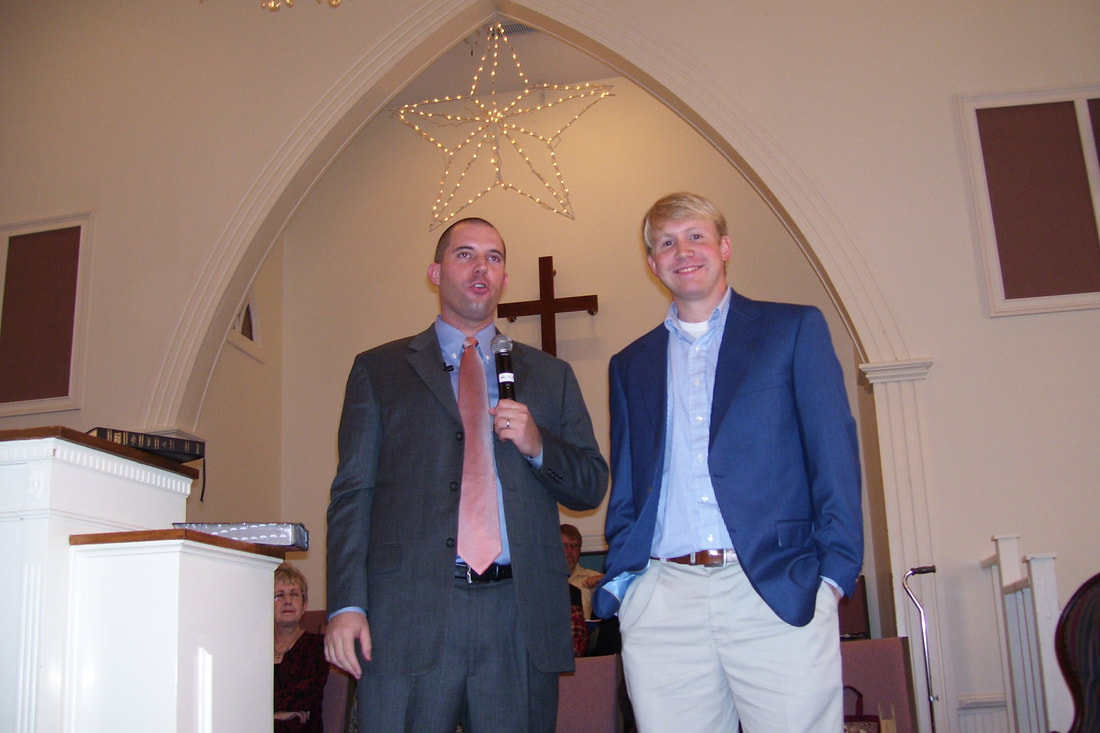
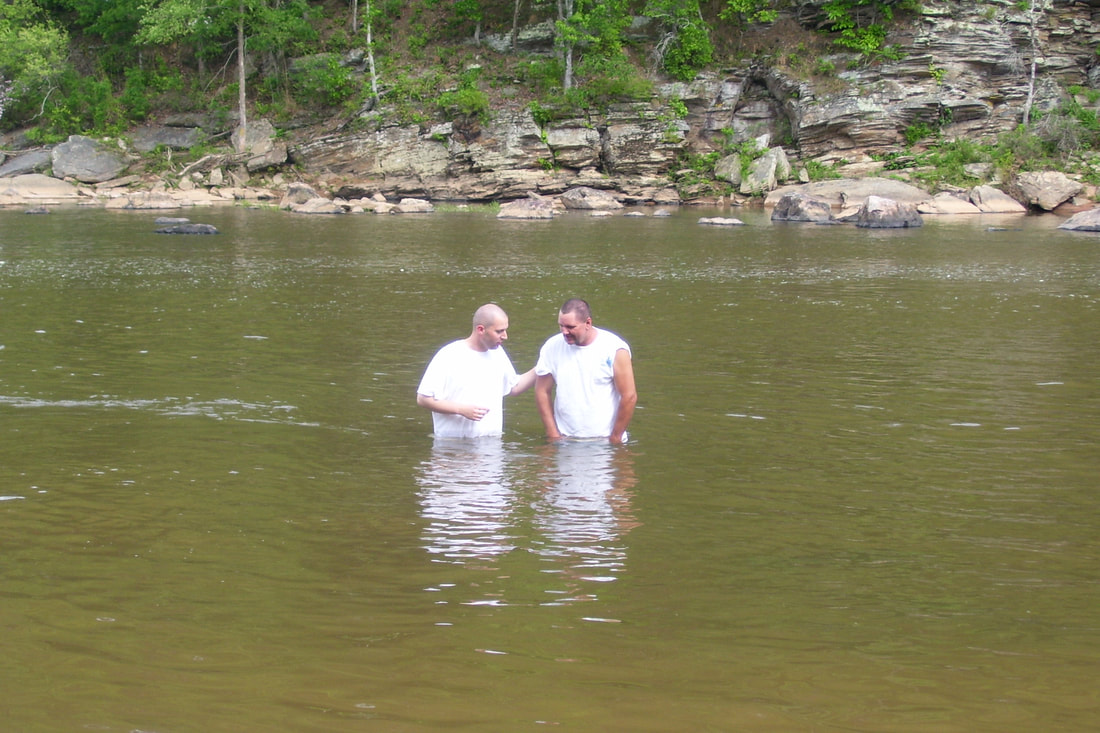
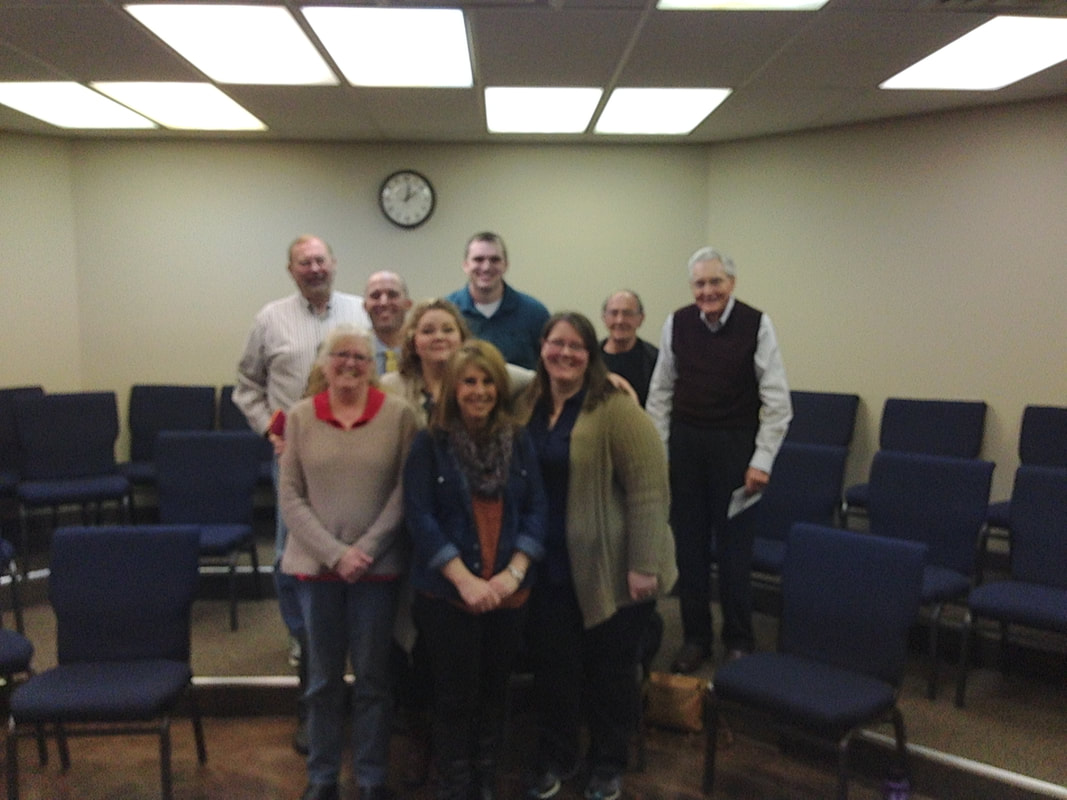
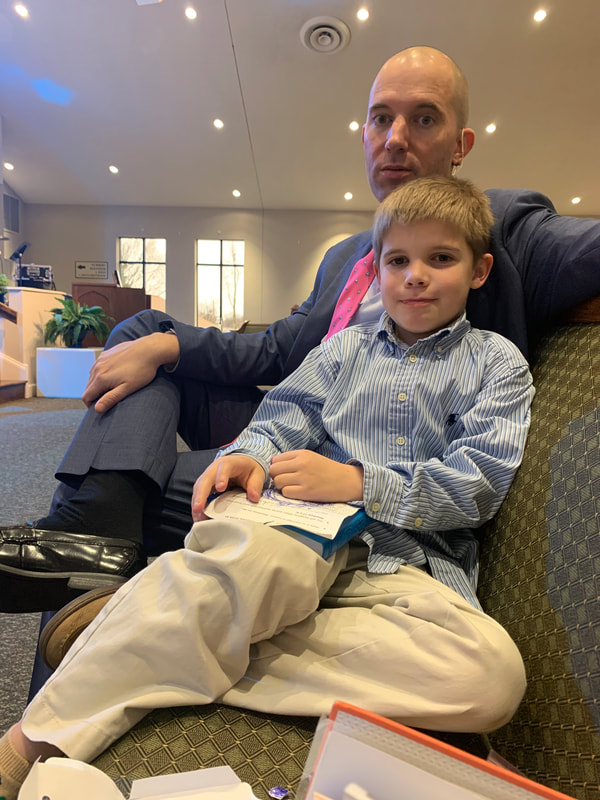








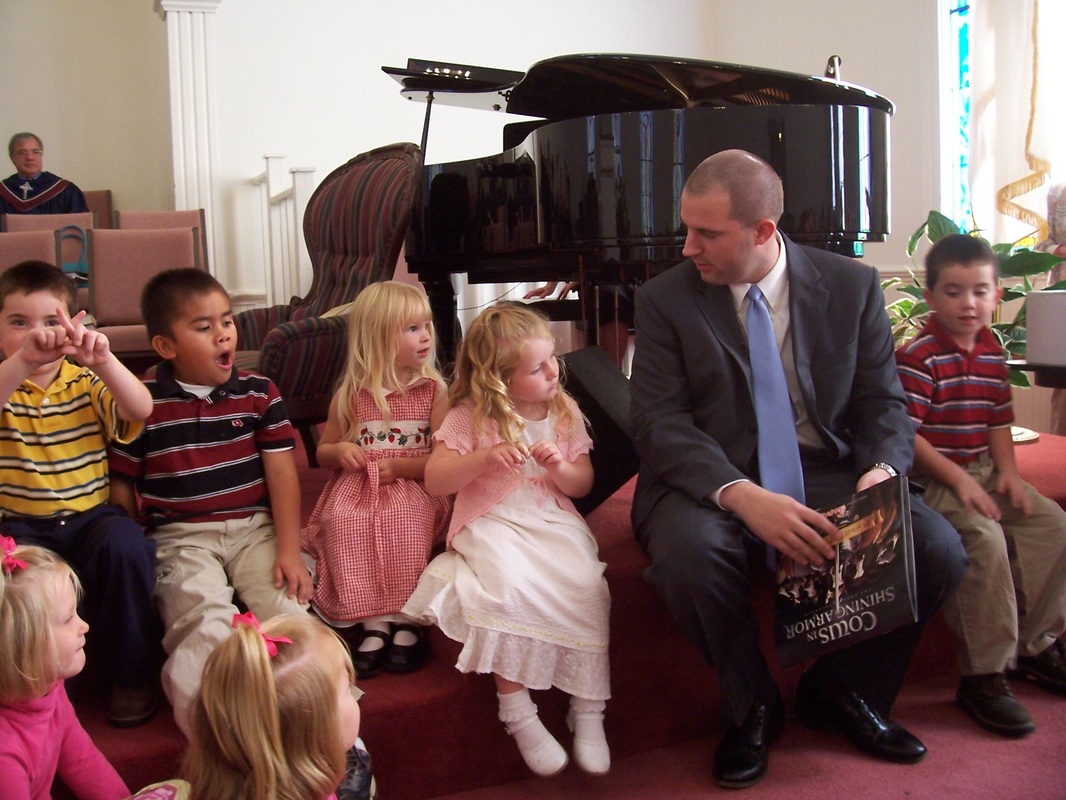


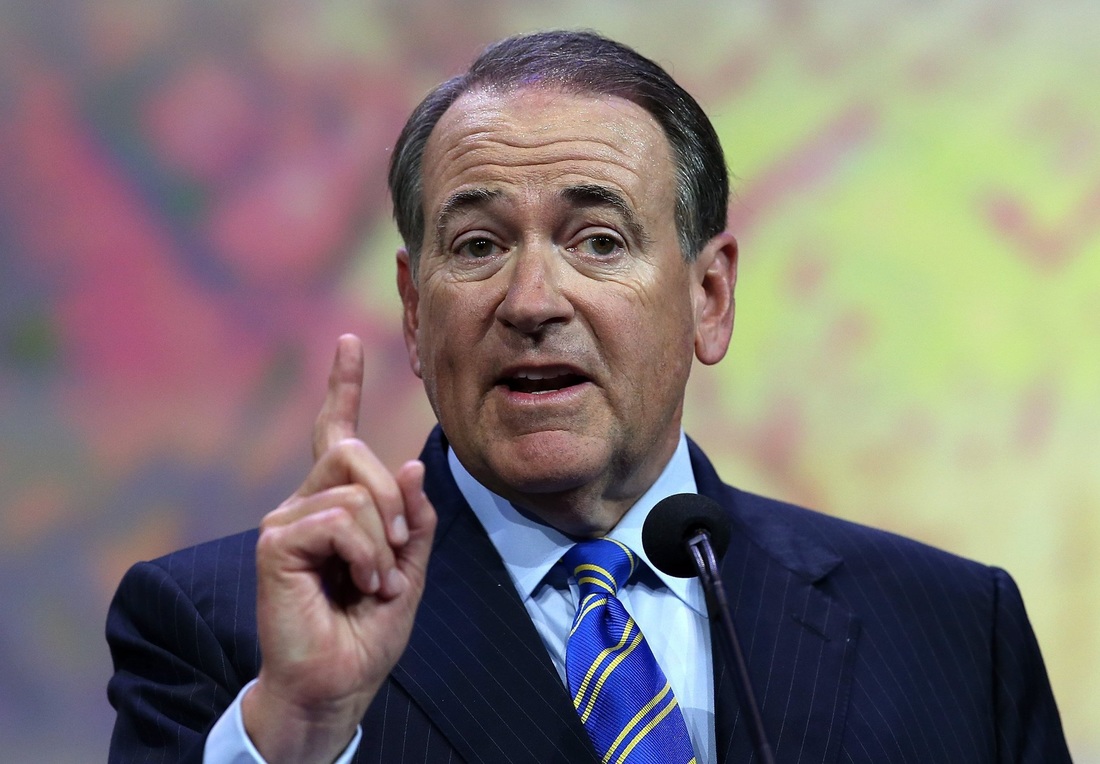



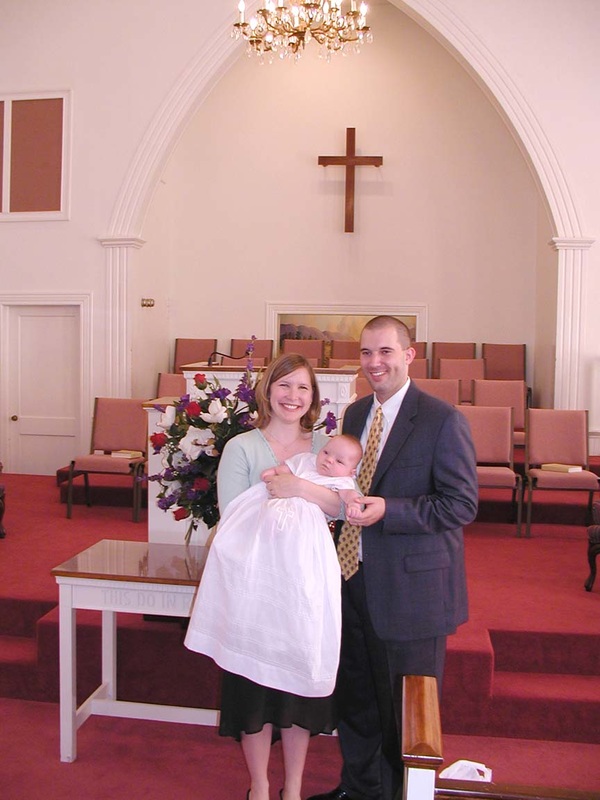
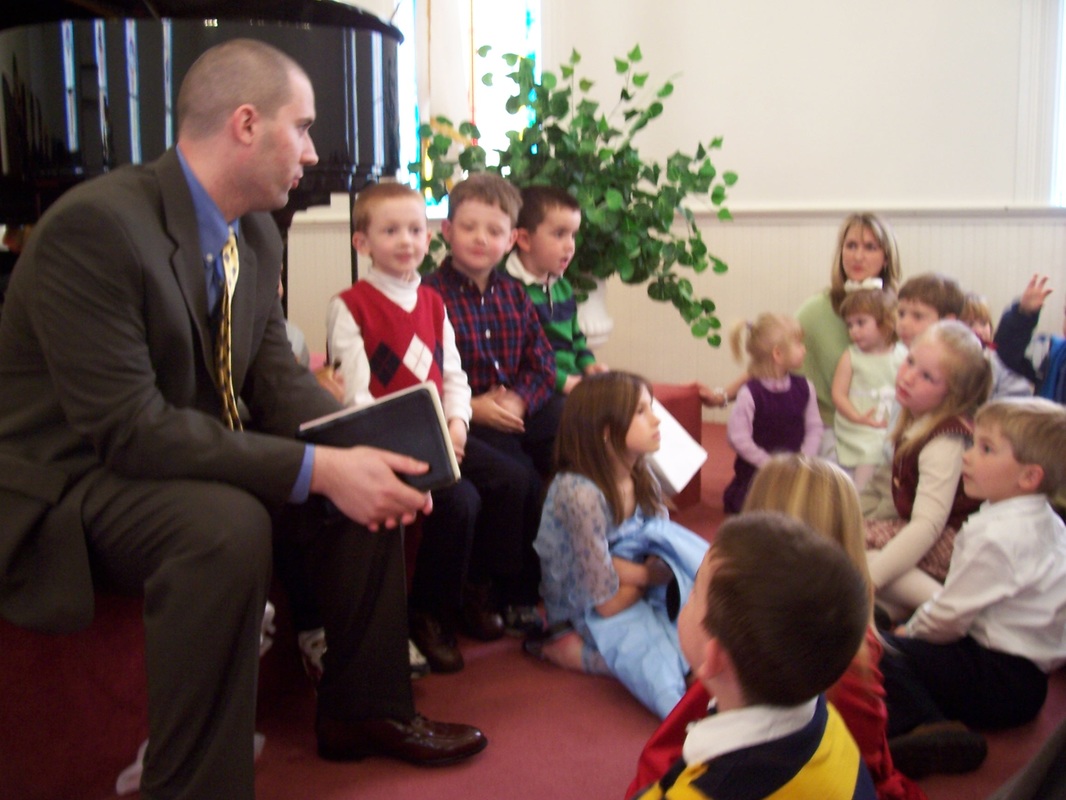
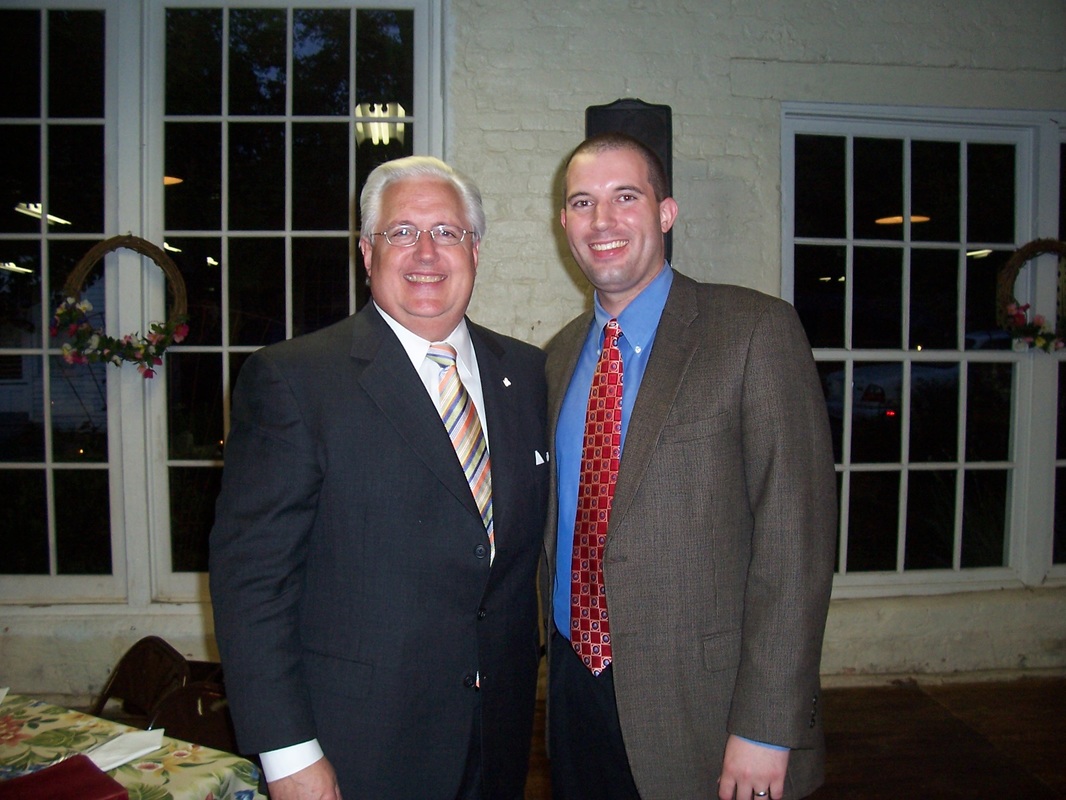
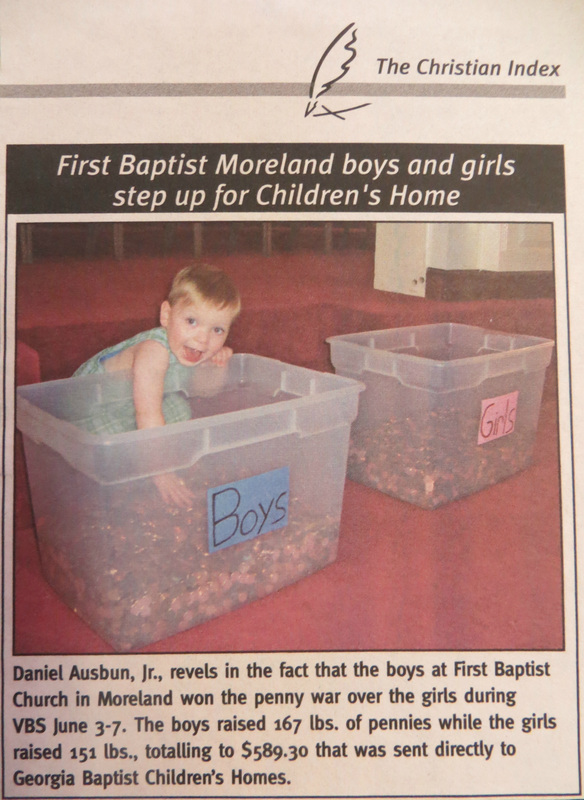

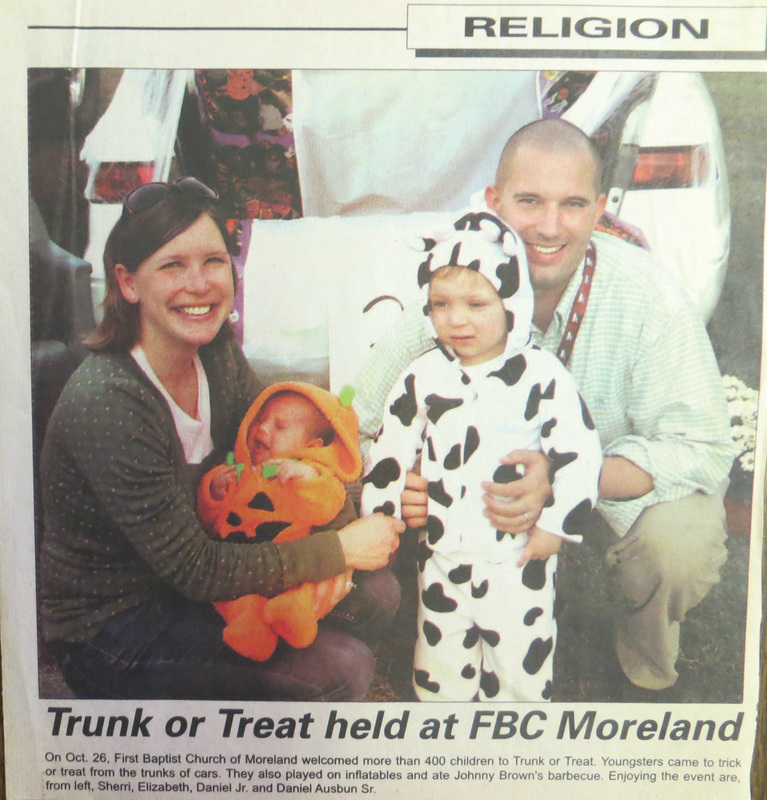

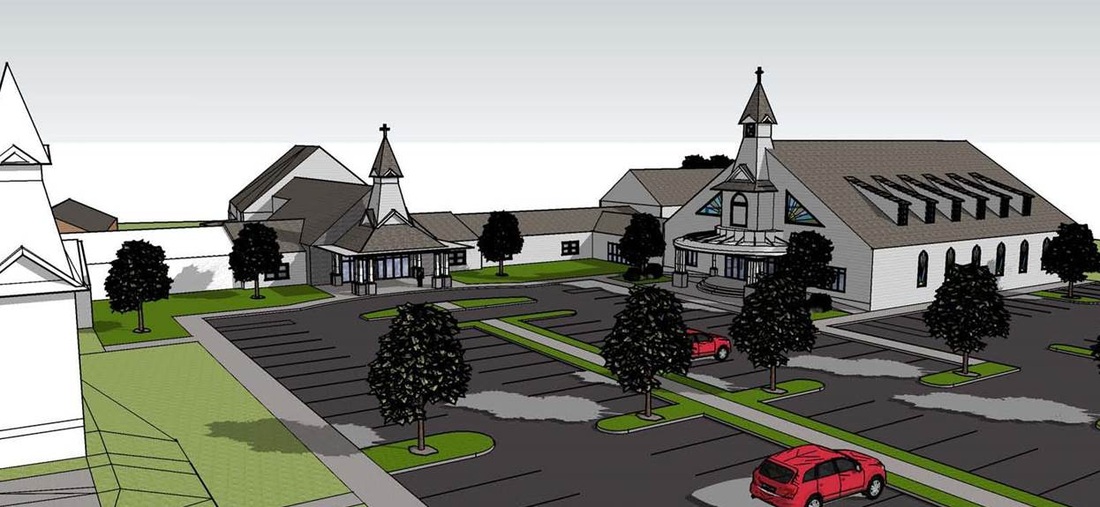
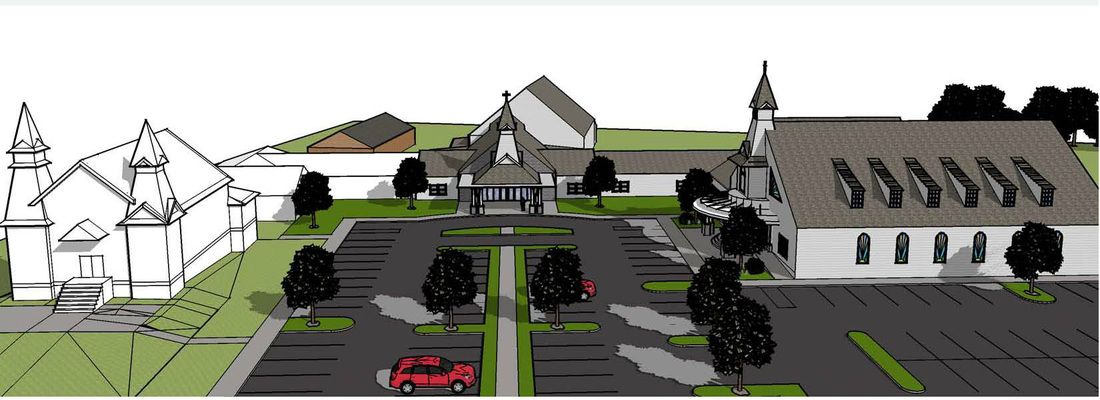
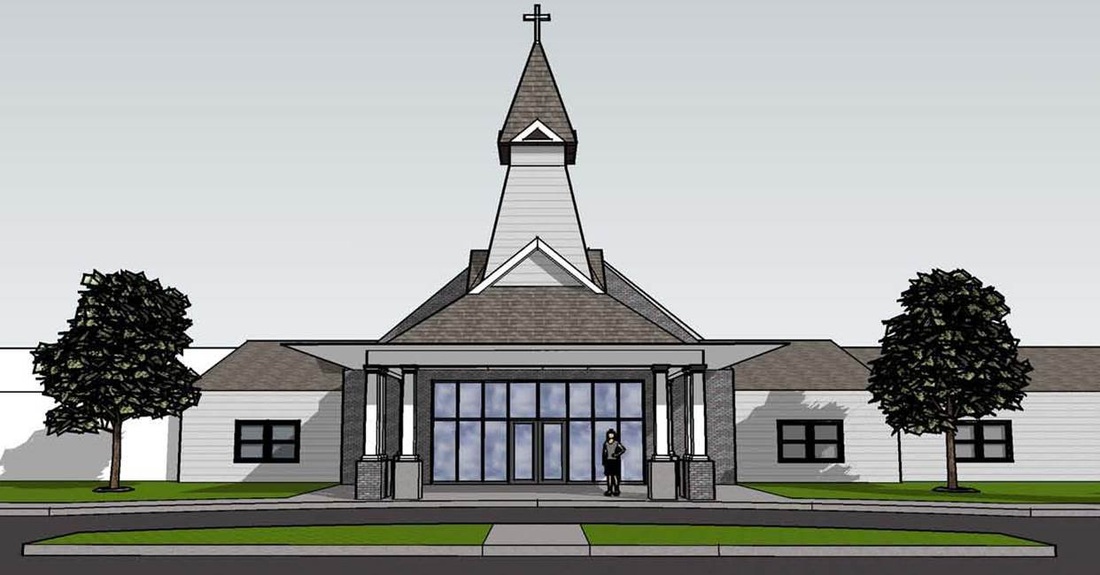
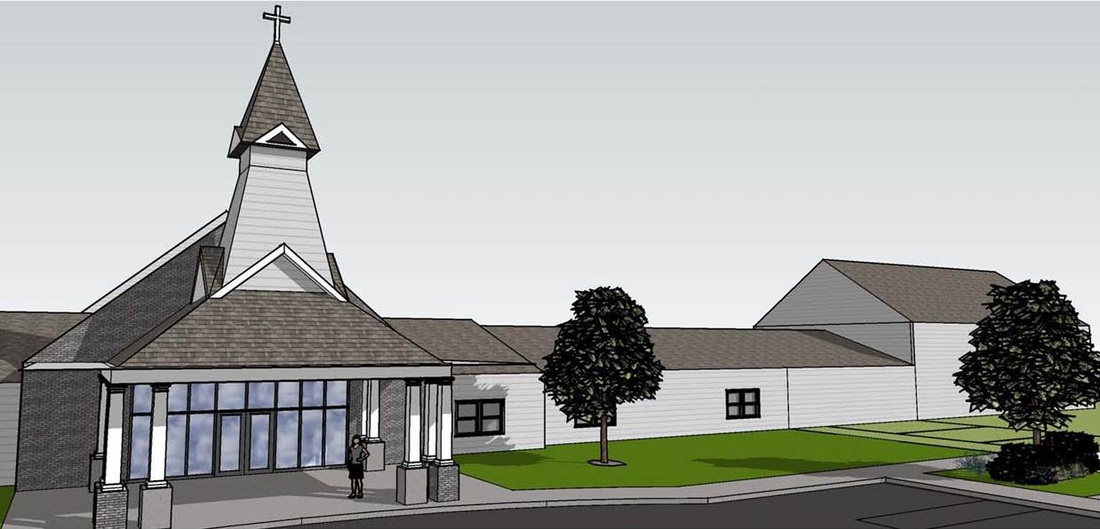
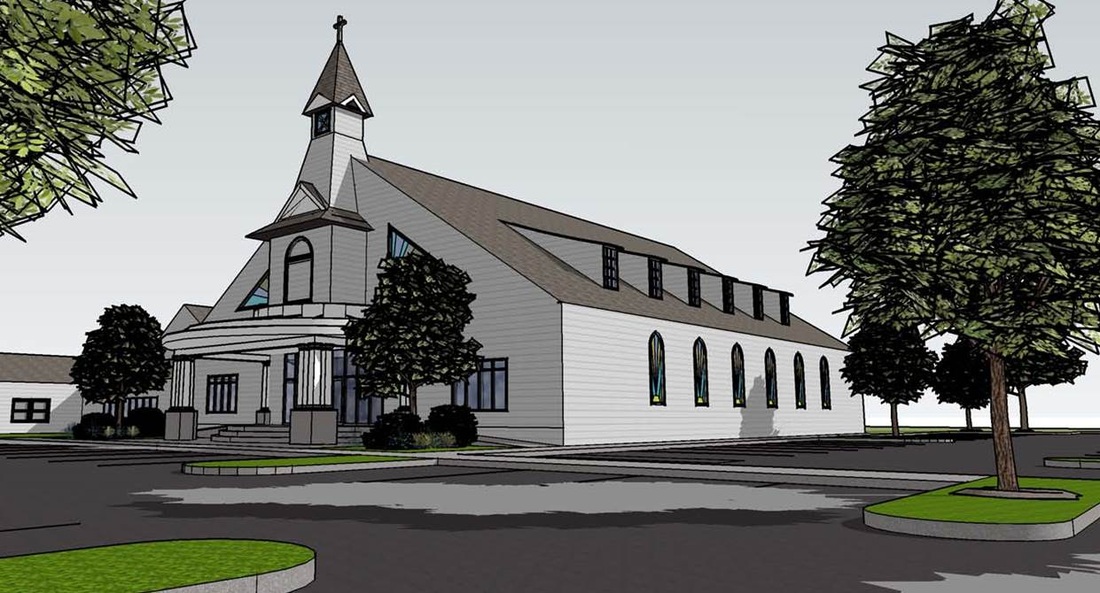

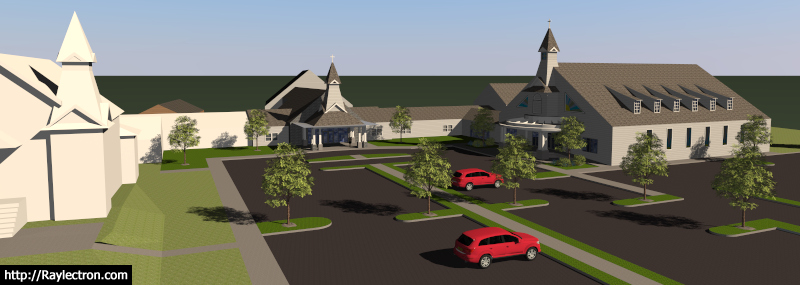
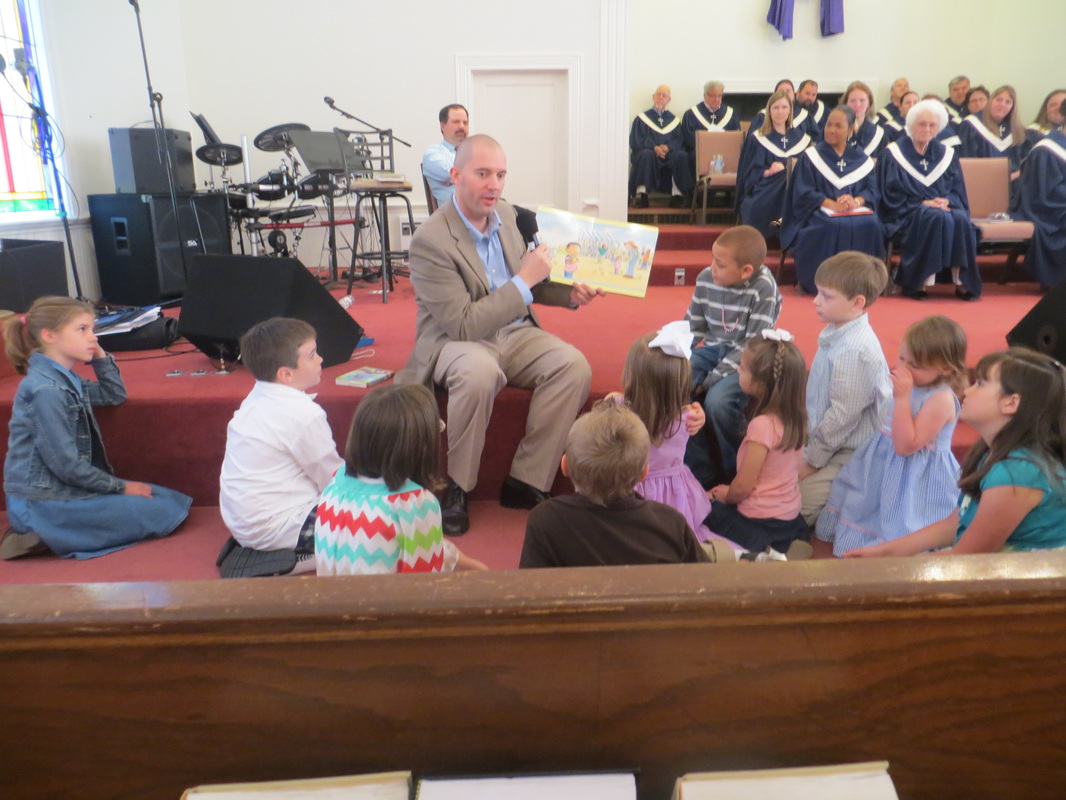

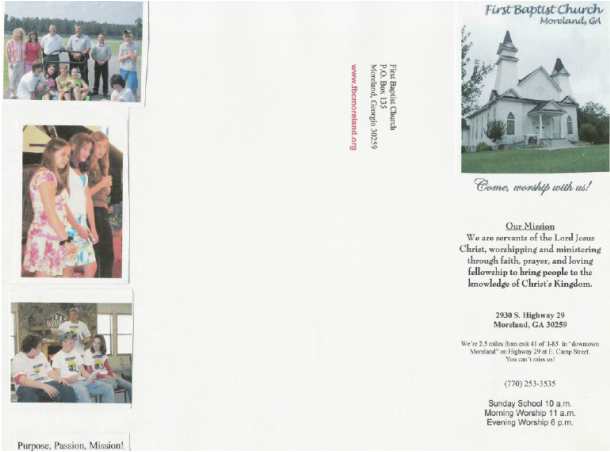




 RSS Feed
RSS Feed